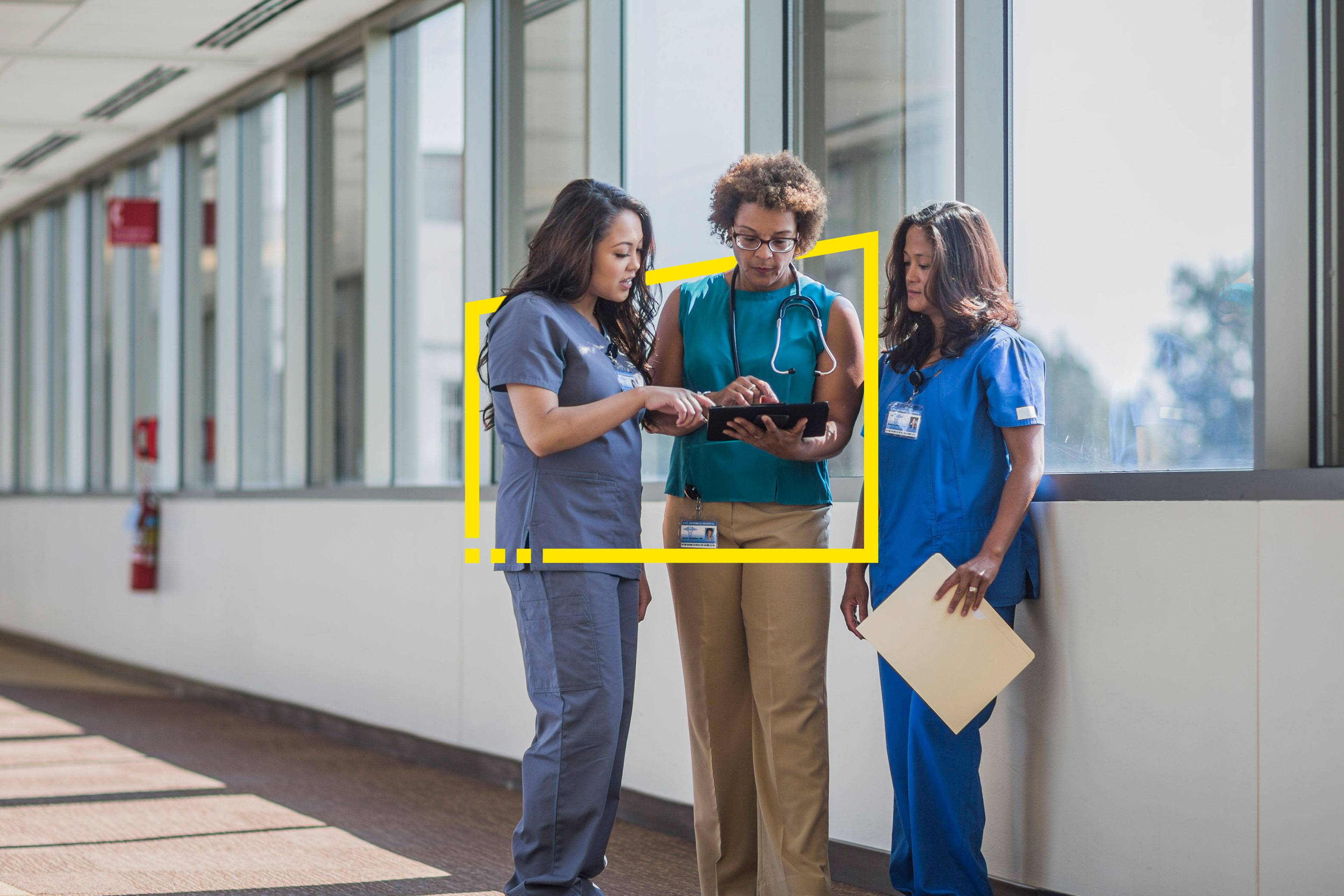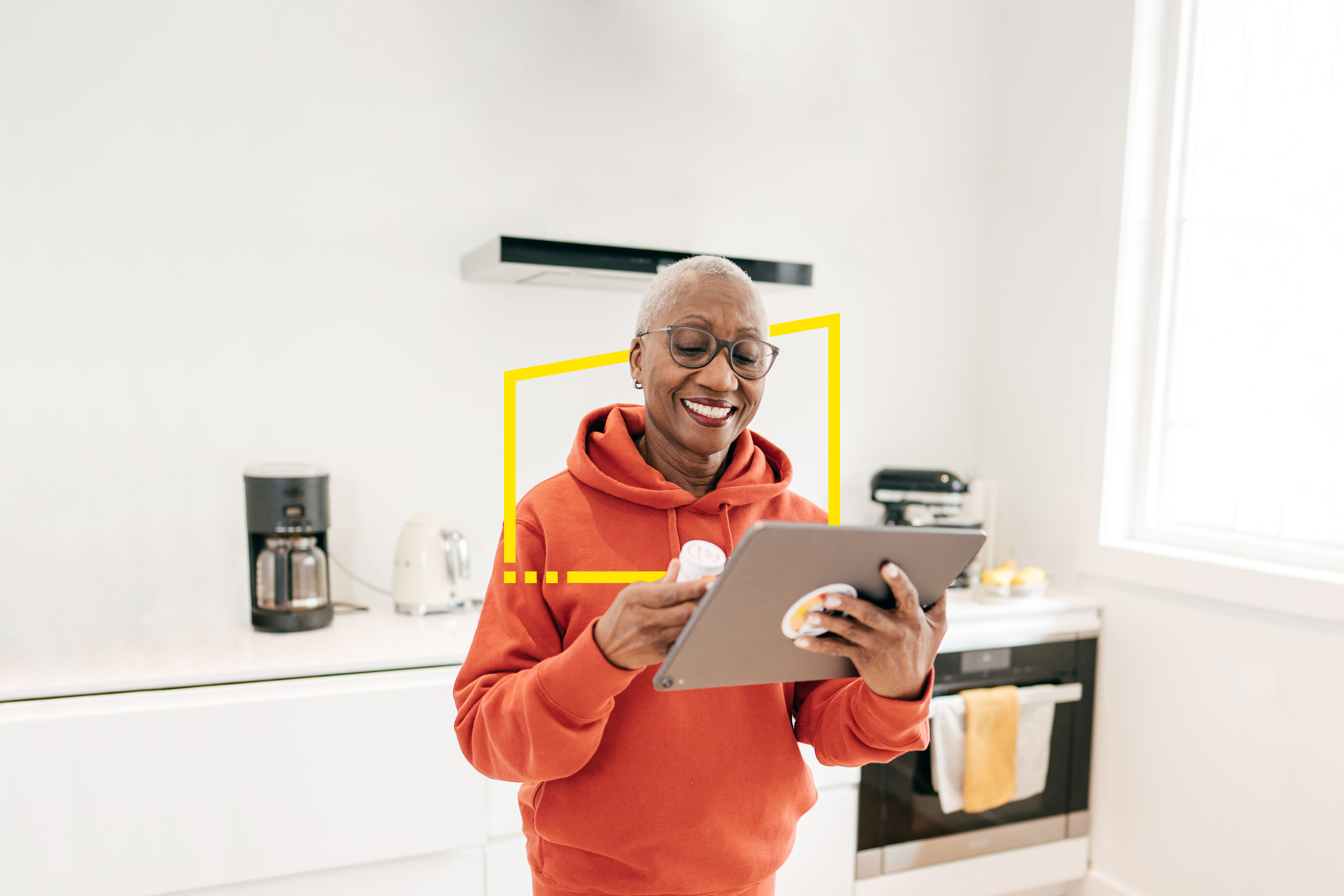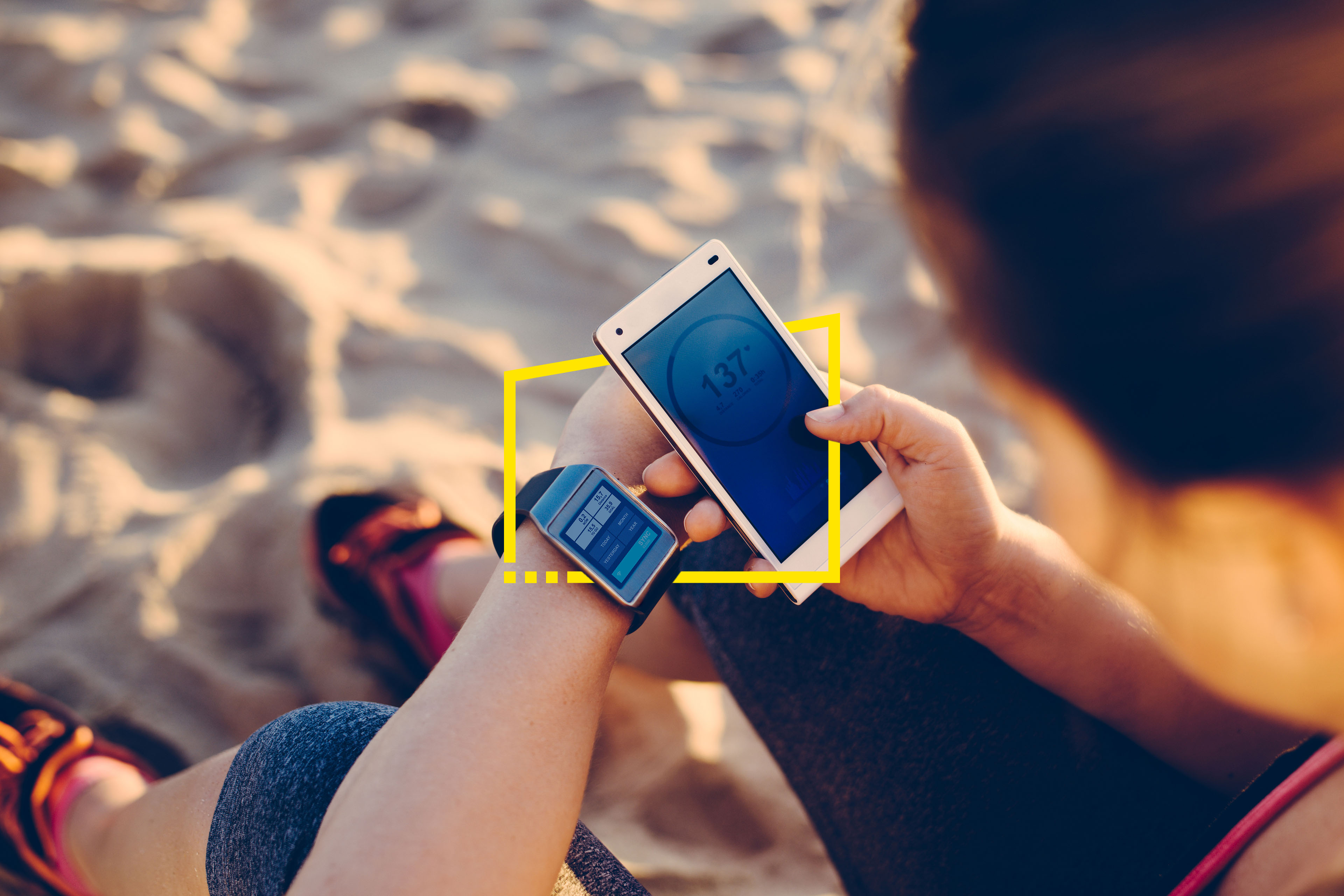EY refers to the global organisation, and may refer to one or more, of the member firms of Ernst & Young Global Limited, each of which is a separate legal entity. Ernst & Young Global Limited, a UK company limited by guarantee, does not provide services to clients.
Smart Health
Join the conversation
For the latest on #smarthealth, follow us.
In health care, there are many ecosystems, quickly evolving technologies and massive amounts of data, all untidy and uncoordinated. EY teams have a strategic vision on how to use those tools, ecosystems, structures, and data to drive better experiences for all stakeholders — including both patients and clinicians.
The future of health is changing rapidly, as health systems move beyond digital, beyond connected, to fully leveraging the world of artificial intelligence and smart technologies. Digital innovation is accelerating and giving rise to the care models of tomorrow — many of which can only be imagined today.
Interconnecting people, the environment and infrastructure as a unified, intelligent, data-optimized system of care is the point where health becomes smart. This enables a realm of possibilities, as health heads into the space where the virtual and the physical worlds converge.
As integrated care platforms incorporate social determinant, sensor and wearable data, along with your health information into algorithms, a personalized, smart care experience is possible. This is an important shift, because in the wider environment the world is fast becoming smart — smart cities, cars, utilities and homes leverage the internet of things (IoT), data and intelligent connected systems to support economic, social and environmental sustainability.
Smarter health systems create extensive and integrated ecosystems that support improvements in consumer and workforce experiences, better care outcomes and greater access to health care services. Health systems can increase productivity, efficiency and provide better care to more people.
It is abundantly clear that the future of health is smart and that advances in smart technology, smart algorithms and smarter care models will shape the way care is delivered and experienced.
Smart Health insights
How to build a foundation in AI to accelerate health transformation
Using AI to speed health care transformation and add value will require executives to strategize current work and architect for the future. Learn more.
How will you respond to clinicians sounding the alarm on unsustainable care delivery models?
The EY Global Voices in Health Care Study finds health systems must embrace sustainable care delivery models to address workforce challenges. Learn more.
How innovative infostructure can power the purpose of integrated care systems
Sharing organized and complete data to generate insights for better health outcomes is the driving force behind joined-up care in integrated care systems (ICSs).
How can an intelligent health ecosystem create a smarter health experience?
The most important conversation around the future of smart health care is not about the shift to digital. It is about people. Learn more.
Five trends shaping health care’s data-driven future
Health care can become more resilient, agile and innovative by shifting to digitally enabled business models with data at the core.
Why focusing on what matters to consumers and staff matters most
Good consumer experiences flow through to better workforce experiences and vice versa. Both are good for business.
How COVID-19 has triggered a sprint toward smarter health care
Responding to COVID-19 shattered preconceptions of what it takes to create a digital-first health experience.
How do you create the care models of tomorrow that are barely imaginable today?
Smart health is about putting the patient at the heart of health services design, and reimagining models of care to realize personalized health at scale.
How can data standards unleash the future power of health data?
Learn how combining FHIR™ and openEHR optimizes interoperability to realize efficient, streamlined and meaningful exchanges of health data in the future.
How EY can help
Our Smart Health solutions can help your business become a smart health organization. Learn more.
Read moreService Leader











